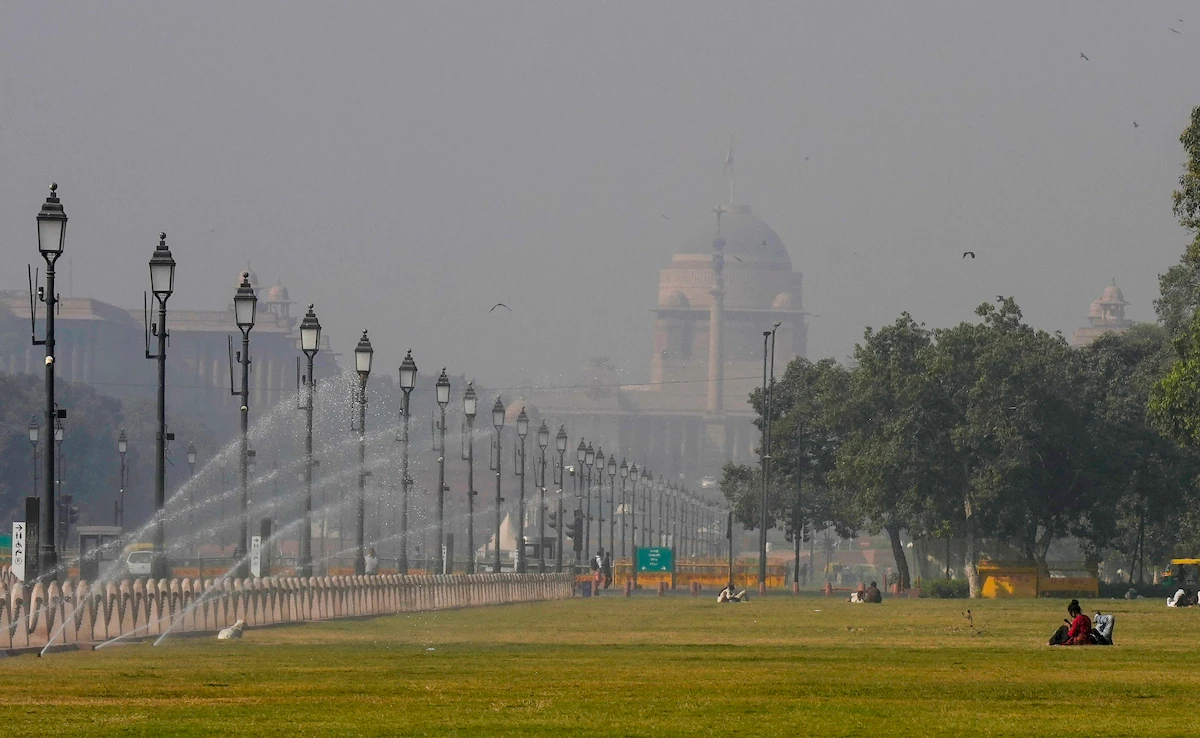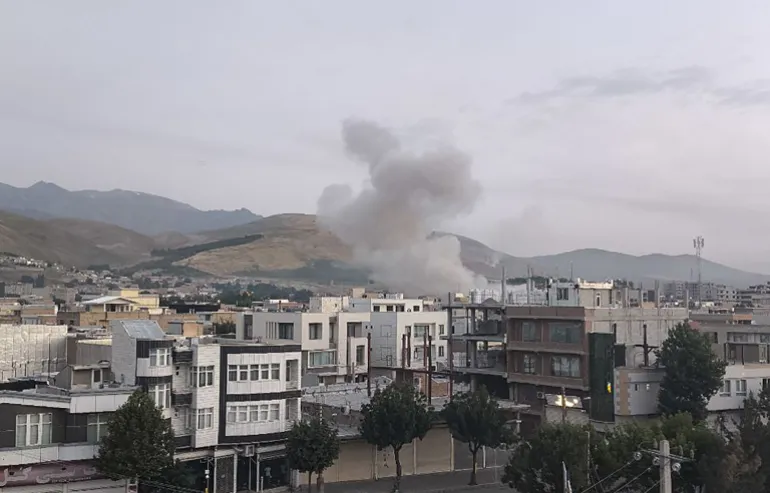- Courses
- GS Full Course 1 Year
- GS Full Course 2 Year
- GS Full Course 3 Year
- GS Full Course Till Selection
- Answer Alpha: Mains 2025 Mentorship
- MEP (Mains Enrichment Programme) Data, Facts
- Essay Target – 150+ Marks
- Online Program
- GS Recorded Course
- Polity
- Geography
- Economy
- Ancient, Medieval and Art & Culture AMAC
- Modern India, Post Independence & World History
- Environment
- Governance
- Science & Technology
- International Relations and Internal Security
- Disaster Management
- Ethics
- Current Affairs
- Indian Society and Social Issue
- NCERT- Science and Technology
- NCERT - Geography
- NCERT - Ancient History
- NCERT- World History
- CSAT
- 5 LAYERED ARJUNA Mentorship
- Public Administration Optional
- ABOUT US
- OUR TOPPERS
- TEST SERIES
- FREE STUDY MATERIAL
- VIDEOS
- CONTACT US
GOOD SAMARITANS
GOOD SAMARITANS
20-02-2024
Delhi High Court stated that individuals who help an unknown injured person on a public road should not face harassment. This is a case of Good Samaritan.
What is a Good Samaritan?
- A Good Samaritan is a person who selflessly helps others in need, often in emergencies or times of distress, without expecting anything in return.
- The term originates from the story of Good Samaritan in the Bible.
Stakeholders Involved:
- Person in Need (Victim): They want help and care to feel better.
- Helper (Good Samaritan): They want to assist and be kind.
- Authorities: They want to ensure everything is handled correctly and everyone is safe.
- Community: People want to encourage helping each other and ensure everyone feels safe doing so.
- Medical Personnel: If the person needs medical help, doctors and nurses want to provide care.
- Legal System: They want to make sure everything is fair and follows the rules.
What Factors Prevent People from Acting Like the Good Samaritan?
- Fear of Legal Consequences: Someone might hesitate to help a fallen person on the road due to worries about being sued if they injure the person further while trying to assist.
- Bystander Effect: In a crowded area, several people witness a car accident but nobody calls emergency services because each assumes someone else will do it.
- Mistrust or Indifference: A person might walk past a homeless individual in need of medical attention because they don't trust them or feel indifferent to their situation.
- Cultural and Social Barriers: A person might ignore a distressed individual on the street because they come from a culture where it's considered rude to intervene in strangers' affairs.
- Lack of Training or Confidence: An individual might refrain from performing CPR on a stranger who has collapsed because they don't feel confident in their ability to do it correctly. CPR (Cardiopulmonary resuscitation) is an emergency procedure that involves chest compressions and rescue breaths.
- Personal Safety Concerns: Someone might avoid breaking up a fight between strangers out of fear of being harmed themselves.
What is the Legal Provision in India for Good Samaritans?
- On the direction of the Supreme Court, the Ministry of Road Transport and Highways issued the following guidelines:
- Good Samaritans can take an injured person to the nearest hospital and leave immediately without any liability.
- They won't be held responsible for any civil or criminal charges.
- Hospitals must publicly announce that they won't detain Samaritans or demand money for treatment.
- Public officials who force Good Samaritans to disclose personal information will face consequences.
- In 2016, the Supreme Court made these guidelines obligatory for all states and Union Territories.
- Additionally, Section 134A was added to the Motor Vehicles (Amendment) Act of 2019 to safeguard Good Samaritans.
How the culture of Good Samaritan be promoted in India?
- Social Media Influence: Using platforms like Facebook, Twitter, and Instagram to share uplifting stories of Good Samaritan acts. For example, creating hashtags like #GoodSamaritanStories.
- Corporate and Institutional Support: Encouraging businesses to implement policies that support employee volunteerism and community service. For instance, offering paid volunteer days or matching donations to charitable organizations.
- Reward and Recognition: Creating awards or certificates to honour individuals who demonstrate exemplary acts of kindness. For example, recognizing a citizen who helped rescue people from a burning building or saved a drowning child.
- Law Reforms: Implementing stricter provisions in the Motor Vehicles Act of 1988, can enhance the protection of Good Samaritans. This would encourage more people to step forward and assist others during emergencies.
- Charter of Rights Display: Hospitals and police stations should prominently display a "Charter of Rights" for Good Samaritans, as mandated by the Supreme Court. This ensures that those who help in emergencies are aware of their legal protections.
- Adoption of Best Practices: Learning from successful models, like the provisions in Canadian states where Samaritans are not held liable for emergency aid unless gross negligence is observed.
Conclusion: The Law Commission says that if accident victims get help within the first hour, called the "Golden Hour," about 50% of them could be saved, which makes the role of Good Samaritans important. They are everyday heroes who show kindness and compassion, making a positive difference in the lives of others through their selfless actions.



